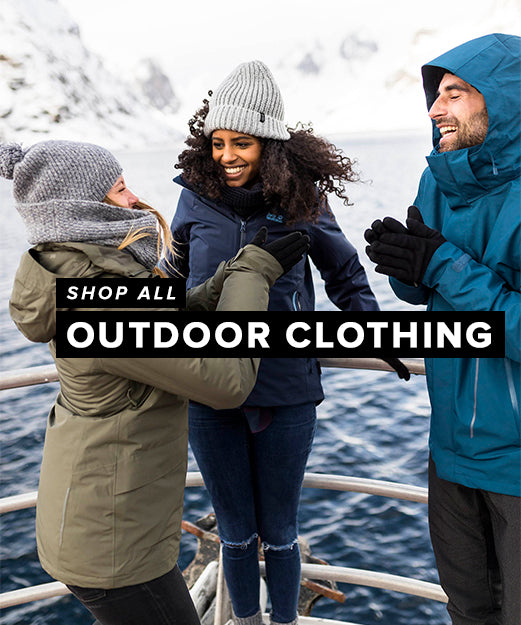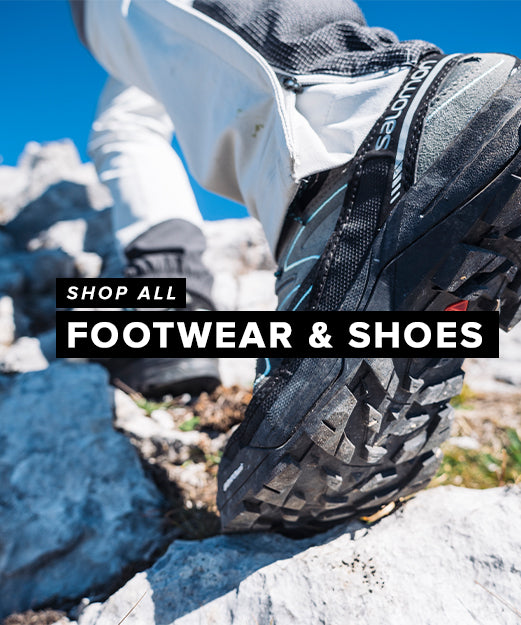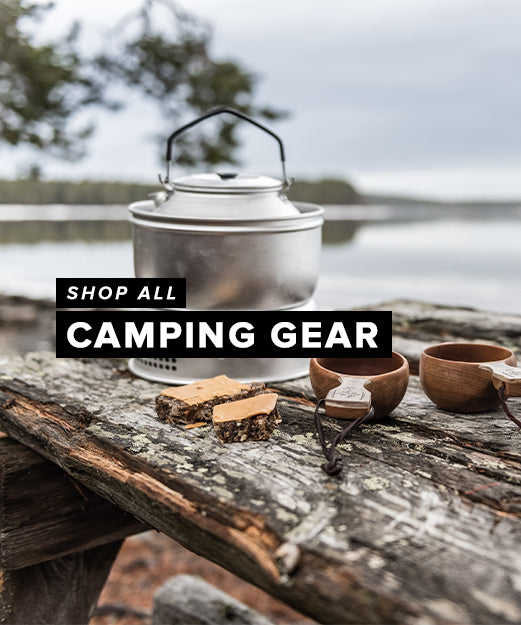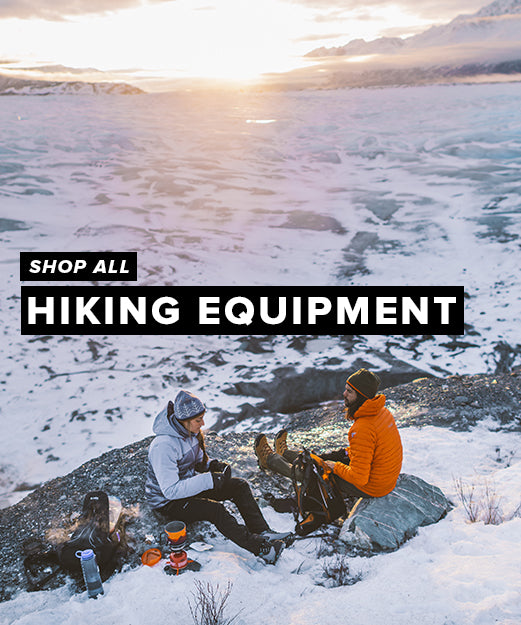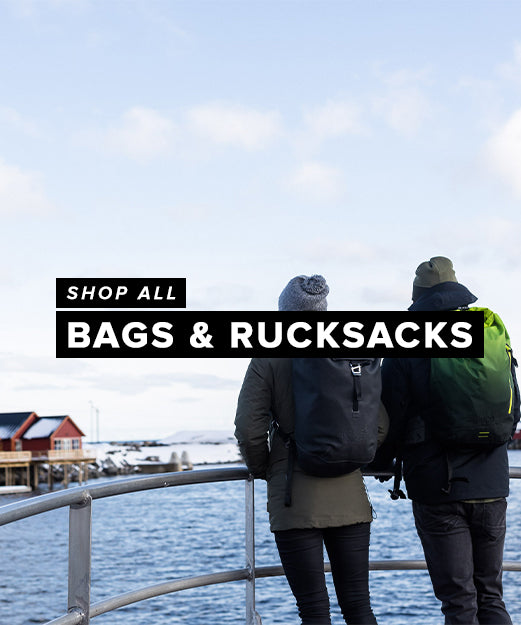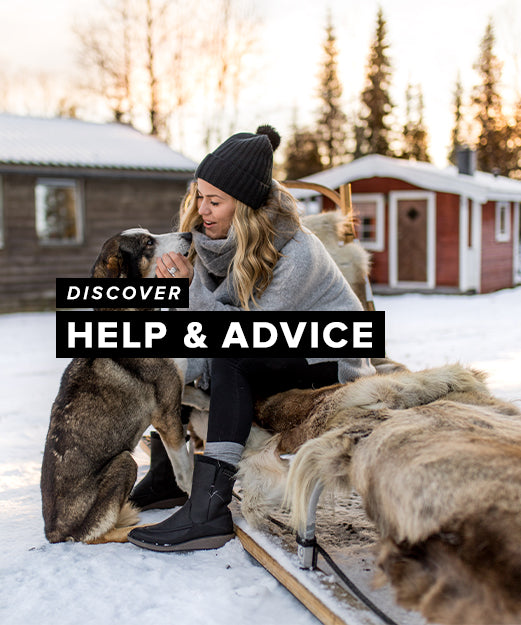- Wearing some sort of quick drying footwear in the washrooms and showers is a good move. As well as helping you to keep your footing on slippery floors, it cuts out the risk of picking up unwanted presents such as athlete’s foot and verukas.
- Although it sounds contradictory, 'dry soap' that needs no water is useful on campsites as well as backpacking, picnics and walks.
- Wet wipes are really useful, especially the anti-bacterial versions, for surfaces, utensils and, of course, children; absorbent kitchen roll is even more useful on site than at home.
- When you get home, give everything a thorough wash as soon as you can. It is definitely not fun to open a box on site to find mould on the contents.
- Two sets of freezer blocks mean you can always keep one set freezing and one set in use.
- Perfume and after-shave offer the illusion of cleanliness but can also attract mossies and midges.
- Leaving your tent open all day is an invitation to insects, birds and wildlife to make themselves at home and rummage around in food and pots.
- A simple first aid kit will sort out cuts and scratches before they get worse.
Healthy Tent Life For Campers
Despite the attraction of 'roughing it' in a tent, using common sense, adapting normal routines and taking some extra care should mean that all campers have fun and avoid health upsets on holiday. For most people living outdoors, worries about bugs focus on insects – flying, crawling, biting. The focus should really be on those on and inside the body that can lay you low; smelly feet are gross but stomach bugs are horrible. The key factor is storing all foods in containers, preferably airtight, keeping raw and cooked foods separate. Avoid leaving food lying around and, if you have food stored with freezer blocks, keep storage lids closed and do not re-freeze food if you even suspect it has been thawing. Be vigilant and careful rather than paranoid. You will have less space in which to prepare food so take extra care to avoid cross contamination during preparation. Being outdoors, do your best to keep flies off food; camping in winter is good for this!
Getting a routine established for diving into the washblock heads off the gradual deterioration of standards that can come with a combination of being idle and no space in the showers. There is no need to become obsessive about washing hands except when preparing food. If you are camping wild relying on natural water sources to wash, such as a lake or stream or river, use biodegradable soap to reduce contamination. If there are no proper toilet facilities where you are camping, you should try to relieve yourself away from the pitch as the smell from urine can linger for some time. Off site, there is usually no need for complex pits to be dug and hessian screens erected as in days of yore. A chemical loo and a toilet tent offer one solution; a hand trowel and a small hole about 15cms deep offer another; biodegradable toilet paper heads off debates about whether to burn or not.
 NEW!! Free UK Delivery
NEW!! Free UK Delivery Hassle-Free Returns
Hassle-Free Returns Clearpay
Clearpay


